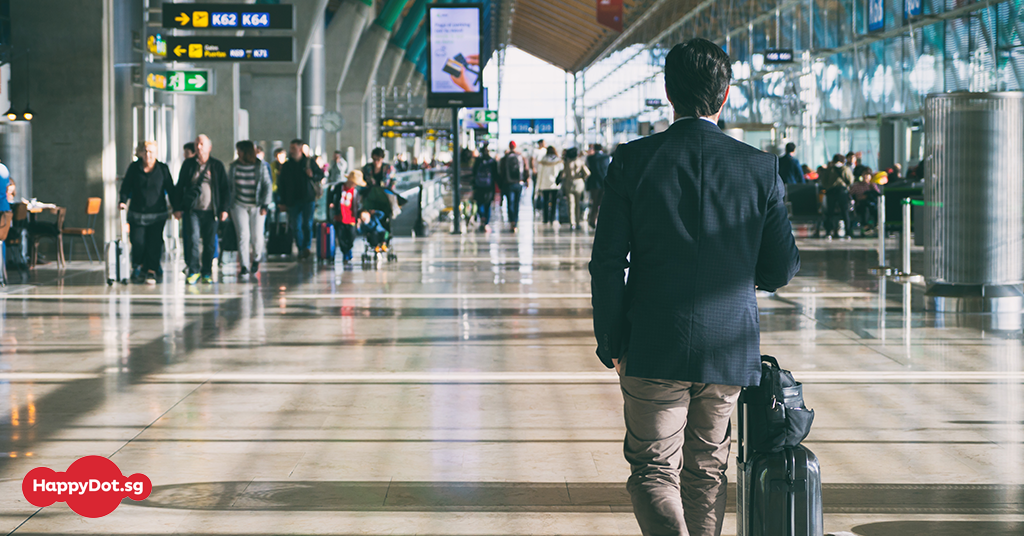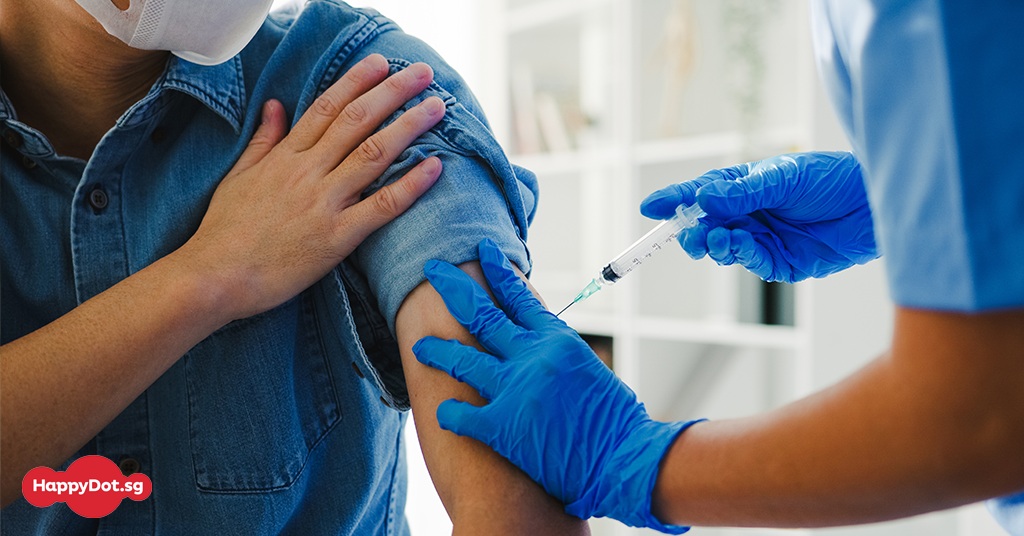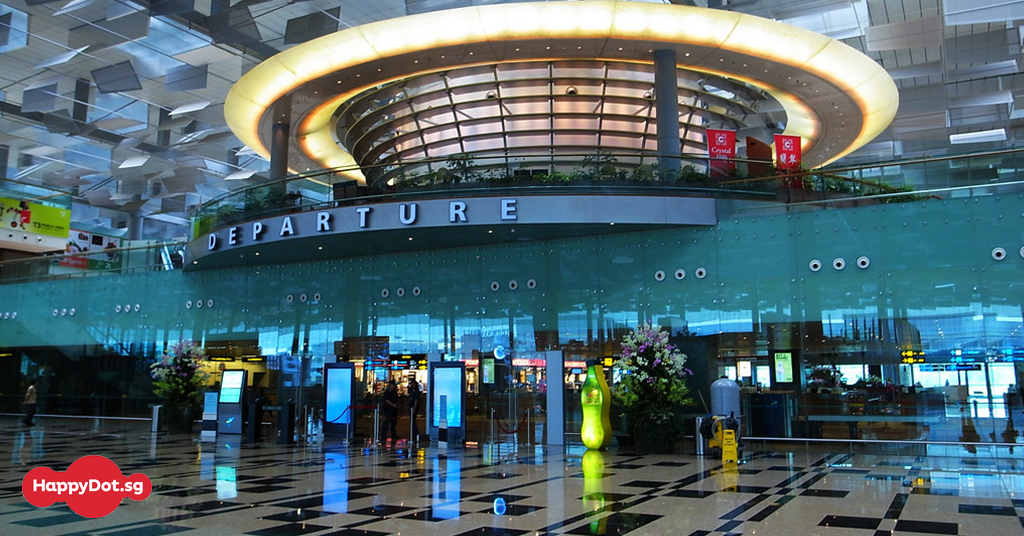
Since the global pandemic hit, most of us have not been travelling for the past two years to better safeguard our health. However, as we slowly return to the new normal and the nation starts to open up its borders, Singaporeans are free to travel again and satisfy their wanderlust. HappyDot.sg’s survey in Singapore revealed that 45% of pollers will definitely travel this year, 40% will standby and evaluate the situation, while 15% are unlikely to travel within the next one to two years. With that being said, there are still certain COVID-19 related procedures travellers must comply with. We are after all, still living in a pandemic, and safety precautions must be taken even when COVID-19 measures are easing. We hope this article serves as a helpful guide for those planning to travel to and from Singapore but are unsure of the processes.
Vaccinated Travel Framework
In recent current affairs, Singapore has implemented the COVID-19 Vaccinated Travel Framework1 on 1st April 2022, enabling vaccinated people to resume travel more effortlessly. This framework replaces the prior Vaccinated Travel Lane system and applies to everyone entering Singapore – including Singaporeans and permanent residents. As long as those entering Singapore are fully vaccinated, there is no longer a need for them to serve a Stay-Home Notice (SHN) or apply for entry approvals. This is also applicable to non-vaccinated children aged 12 and under. On 26th April 2022, it was announced that pre-departure tests (PDTs) are not required for this group as well.
On the other hand, for those who are still unvaccinated or not fully vaccinated, a PDT test must be taken within two days before departure for Singapore. It is also mandatory for this group of individuals to serve their SHN for a week and undergo a Polymerase Chain Reaction COVID-19 test once their SHN ends.
Proof of Vaccination

Though stringent travel processes are easing in recent current affairs, showing proof of vaccination remains important. To enter Singapore, either a copy of the vaccination certificate, a vaccination status on the HealthHub app or TraceTogether app will suffice. Those who have been vaccinated outside of Singapore will require a vaccination certificate with their name, one other personal identifier, country of vaccination, name of vaccine used and vaccination date(s).
When it comes to departing Singapore, the above proof of vaccination may not be accepted for use overseas. In such instances, travellers should obtain their vaccination certificate at Notarise. Upon successful application, the vaccination HealthCert will be sent to your email or Singpass app, allowing foreign authorities to authenticate the proof of vaccination.
Pre-departure COVID-19 Tests
In certain countries, foreign visitors may still be required to take a PDT. If this is needed, travellers need to book an appointment with certain accredited clinics2 that provide such services.
Pro tip: Before you start planning your travel dates, it’s highly important that you remember to factor in the turnaround time between scheduling for a test appointment and waiting for your test results.
Different clinics have different turnaround times. Therefore, always make it a habit to enquire. On the day of the test, you should have your identity card, passport and flight booking details that includes the departure timing with you.
Travelling After COVID-19 Recovery
No doubt, the pandemic is still recognised as a pressing social issue in Singapore. At this point, most of us may have contracted COVID-19, or know of friends or family who may have been afflicted with the disease and recovered. Fortunately, symptoms are milder for the majority of the population who are fully vaccinated and have got their booster jabs. Regardless of whether you have contracted COVID-19 previously, the rules of travelling are the same for all. As long as you are fully recovered and have officially been discharged from isolation and/or tested negative for COVID-19 according to the Ministry of Health’s (MOH) protocols, you are safe to travel.

Though the pandemic measures are easing, they may be in place for some time to keep Singaporeans safe and socially responsible. Given the dynamic nature of travelling regulations, and for a more seamless travel journey, we highly recommend visiting the ICA SafeTravel website3 to gain a better understanding of the processes required.
We hope this article has shed some light on what is required for travelling in 2022. For those who are planning to travel, we wish you an enjoyable journey and safe travels!
Sign up with HappyDot.sg, and share your thoughts on social issues and current affairs!
